Outreach at ISR
The ISR and its staff participate in numerous outreach and educational activities, from volunteering at local elementary schools to organizing international conferences and workshops for developing countries around the world. A few examples are shown below.
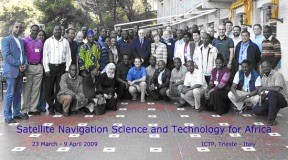
Global Navigation Satellite Systems (GNSS) for Africa
Boston College’s Institute for Scientific Research (ISR) and the Abdus Salam International Centre for Theoretical Physics (ICTP) have joined together to host a workshop on Satellite Navigation Science and Technology for Africa.
The workshop was designed and directed by Patricia Doherty, Director of the Institute for Scientific Research at Boston College, and Sandro Radicella, Head of the Radiopropagation Laboratory at the ICTP. The focus of the workshop was to provide education to African university professors and graduate students on the use of Global Navigation Satellite Systems (GNSS) for social and economic development in Africa.
Africa's Science and Technology Plan of Action clearly states Africa's commitment to develop and use science and technology for socio-economic transformation and full integration into the world economy. The leading socio-economic problems that continue to cripple much of Africa include hunger, extreme poverty, erosion of natural resources and natural disasters. Global Navigation Satellite Systems (GNSS), such as the Global Positioning System (GPS), are a space technology that can help address these problems and ultimately meet the goals of Africa’s Science and Technology Plan of Action.
Specifically, GNSS applications can be used to increase food security, manage natural resources, provide efficient emergency location services, improve surveying and mapping, and provide greater precision and safety in land, water and air navigation systems. It also has applications in numerous fields of scientific study including space weather, geophysics, geography, geology, ecology and biology.
The venue for the workshop was the Abdus Salam International Centre for Theoretical Physics on March 23 - April 9, 2009. The ICTP is an international organization located in Trieste, Italy. ICTP is sponsored by two United Nations agencies, the United Nations Educational, Scientific and Cultural Organizations (UNESCO) and the International Atomic Energy Agency (IAEA). ICTP’s mission is to foster advanced studies and research, especially in developing countries. Thus it was a logical choice for the location of this workshop.
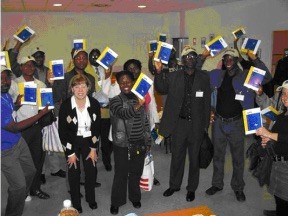
The workshop was attended by approximately 50 participants from Africa. They included university professors and graduate students from 9 countries including Cote d’Ivoire, Egypt, Ethiopia, Ghana, Kenya, Morocco, Nigeria, Uganda, and Zambia. The lecturers included over 25 GNSS experts from the US and Europe. Boston College ISR members supporting the workshop included Chris Bridgwood, Charlie Carrano, Susan Delay, Gopi Seemala, Cesar Valladares, and Patricia Doherty.
The workshop integrated formal lectures with hands-on practice in GNSS architecture, signal structure, hardware design, state of the art applications and scientific exploration using GNSS. An on-site computer laboratory gave participants ample opportunities to perform positioning calculations; to use mapping and surveying software; to plan a precision farming procedure; and to analyze atmospheric and ionospheric data – all from GPS measurements.
In addition, participants built LEGO Mindstorm robots to demonstrate the basics of autonomous navigation. Surprisingly, this was the first time many of the participants had seen LEGOS. They also utilized single-frequency GPS receivers in a treasure hunt that was creatively planned by our instructors. In this hunt, teams of 4-5 participants departed at 10 minute increments to navigate a course that spanned the ICTP campus. The winning team returned in just over an hour while other teams took much longer navigating this course. It’s possible they stopped for a gelato.
At the completion of the workshop, participants were given textbooks on GNSS and were awarded with Certificates of Completion. They also donned Boston College baseball caps which they wore proudly!
One of the benefits of this program for the ISR was that our scientists had opportunities to discuss common interests with African scientists. A number of ISR’s research programs utilize GPS ground and space based measurements to observe ionospheric and space weather phenomenon. With Africa’s proximity to the magnetic equator, it is of great interest to space weather scientists. Unfortunately, studies over the African region have not been possible due to the lack of dependable, long-term measurements. This workshop enabled an opportunity to establish a base of measurements for joint studies with our African colleagues.
The prime sponsors for this workshop included the ICTP, Boston College, the Institute of Navigation, the Federal Aviation Administration, the Air Force Research Laboratory and the United Nations Office for Outer Space Affairs. These sponsors together with the lecturers and African participants represent a diverse collection of people who are committed to provide GNSS technology for socio-economic benefits and scientific exploration in Africa.
Overall the workshop seemed to be a great success. Many of the lecturers commented that this was the most enriching teaching experience of their career. The African participants said that they learned a lot and were very appreciative of the opportunity to partake in this program.
Visiting dignitaries and sponsors from the African Union, the Economic Commission of Africa, the Italian Space Agency, the European Space Agency, the Institute of Navigation, the United Nations, the U.S. State Department, the Federal Aviation Administration, and the U.S. Air Force were impressed by the program and encouraged us to continue this effort.
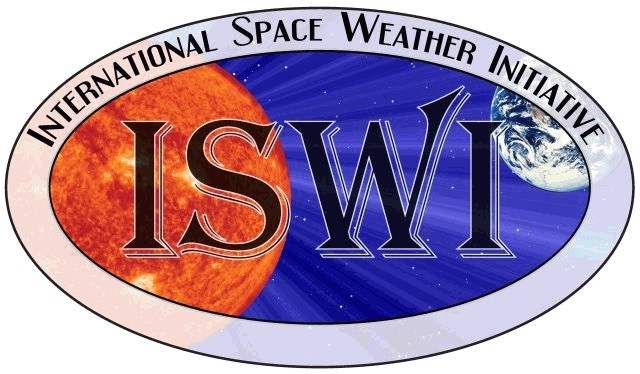
International Space Weather Initiative (ISWI)
The ISR actively supports the International Space Weather Initiative, ISWI, an international effort to advance space weather science. ISWI is sponsored by the United Nations Office for Outer Space Affairs and numerous national space agencies including NASA. Our staff serve on the ISWI Steering Committee and lead the effort to organize the biannual workshops.
The 2017 workshop, The Decade after the International Heliophysical Year 2007 was held at Boston College and had over 150 participants from 50 countries in attendance. The 2019 workshop took place in Trieste, Italy, at the Internations Centre for Theoretical Physics, and was followed by the 2019 Workshop on Ionospheric Forecasting for GNSS Operations in Developing Countries.
ISWI 2019
The 2019 Workshop for the International Space Weather Initiative (ISWI) took place in Trieste, Italy this week. Co-sponsored by BC's ISR, ISWI promotes international cooperation in space weather studies and encourages partnerships between emerging and established programs. ISR members Keith Groves, Patricia Doherty, and David Webb gave several presentations on their results. P. Doherty also chaired the session on National Space Weather Programs and was a member of the Organizing Committee.
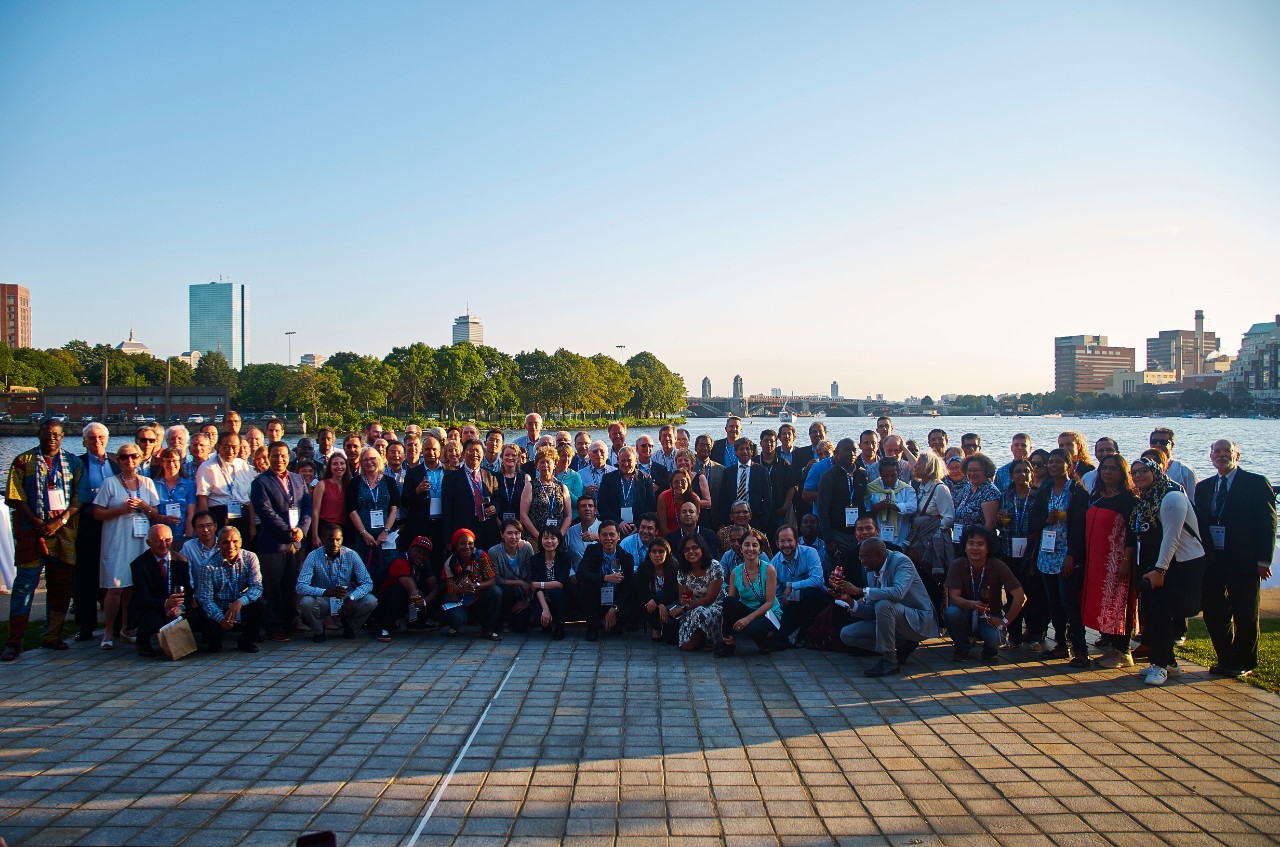
Photo courtesy of B. Tulegenov
The 2017 ISWI workshop took place at Boston College with over 150 people from 50 countries in attendance. Here, participants relax along the Charles River after a day filled with scientific presentations and discussions.
Project Astro
ISR staff volunteer once a month at the Newman Elementary School in Needham to teach astronomy to 4th graders under the Project ASTRO program. Our volunteers have been working with Newman for over 15 years, with hands-on activities ranging from creating scale models of the Solar System and comets, imaging what kind of creatures might evolve on other planets, and building simple spectroscopes to look at light, to name a few. The Project ASTRO program is sponsored by the Astronomical Society of the Pacific and reaches over 20,000 students and their family members each year.
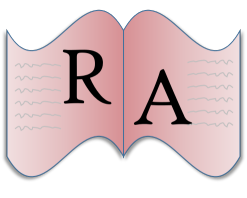
Read Aloud Program
ISR staff participate in BC's Read Aloud Program, a partnership with nearby schools in Brighton and Boston Partners in Education. This program pairs BC volunteers with the Thomas Edison K8 School and the St. Columbkille Partnership School. The volunteers read once a month to classes ranging from kindergarten to grade 5. Staff at BC's Educational Resource Center are happy to suggest reading selections from their collection of children's literature, as are the librarians at the nearby Newton Free Library.
Walking to the local schools from the Newton Campus is also a great way to get our steps in for BC's Walk Across Campus Challenge :)

